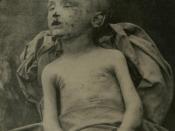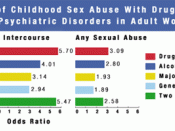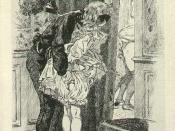Techniques used to recovery memory for events in ones past are used by therapists who hold beliefs congruent to repressed memories. An overview of the factors that affect memory recovery has been provided by Lindsay and Read (1994) and suggests that research on the fallibility of memory is essential for therapists involved in such areas as incest resolution therapy. Often times therapists may incautiously use incest focused memory recovery techniques which may lead some adult clients who were not abused, to come to believe that were.
Some clients may recover accurate childhood memories of sexual abuse during careful, non leading and non suggestive therapy, but such techniques as discussed below (hypnosis, dream interpretation, guided imagery and self help books) can create compelling illusory memories.
Recovery techniques occur through a belief that memories of CSA that did occur have been repressed - successful treatment therefore relies on the recovery of those memories.
Self Help Books Books such as The Courage to Heal, Bass & Davis 1988; Secret Survivors: Uncovering Incest & its Aftereffects in Women, Blume 1990; and Repressed Memories: A Journey to Recovery from Sexual Abuse, Fredrickson 1992 may be helpful to genuine incest or abuse survivors which is not debated here. But it is also important to focus on how these books may also effect readers who have no memory of abuse. As Watters (1993) points out, since the publication of the Courage to Heal some cases have emerged where women who were led to believe they had been abused, later realised that their memories were false.
Anyone with an idea that they might have possibly been abused, are encouraged to seek out these memories. Such survivor books provide lists of possible symptoms posed as self identifying statements, questions or general checklists like the following examples:...


